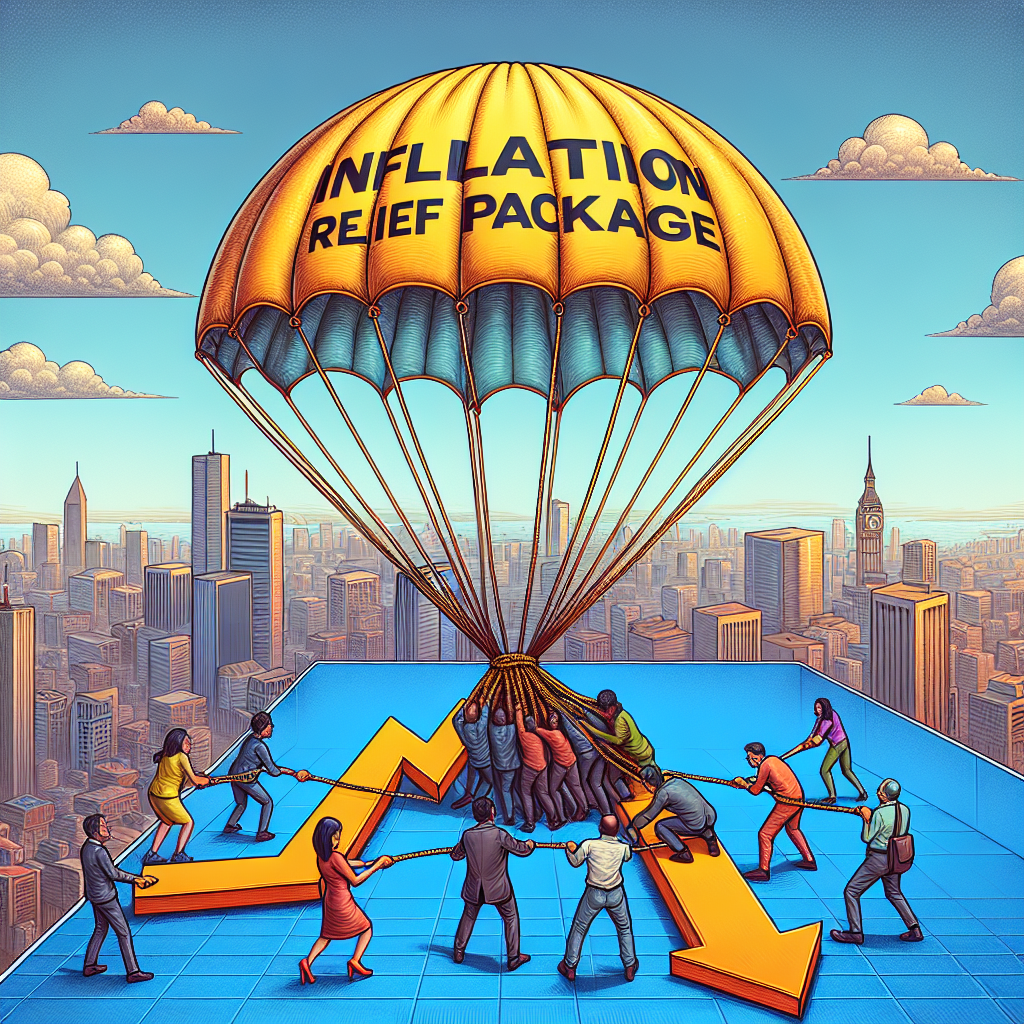Eurozone Inflation Rises: ECB Faces Tough Choices in Economic Recovery
Inflation in the Eurozone rose to 2.6% in July, complicating the European Central Bank's decisions on interest rates. Despite past rate hikes targeting high inflation due to energy prices and geopolitical tensions, economic growth remains fragile. This situation challenges the ECB's approach to fostering a stable economic recovery.

Inflation in the 20 countries using the Euro ticked up to 2.6% in July, remaining above the European Central Bank's (ECB) target. The rise complicates the ECB's decision-making on potential interest rate cuts to boost growth amid a struggling economy.
According to Eurostat, inflation rose from 2.5% in June. Services inflation, closely monitored by the ECB, showed a slight decline from 4.1% to 4.0%. The upcoming ECB meeting on September 12 will intensify discussions around its next move, following a tentative rate cut in June to 3.75%, and a pause in July.
The ECB along with other central banks like the US Federal Reserve raised rates to combat inflation triggered by the Ukraine conflict and higher energy prices. Although energy prices have fallen, inflation remains above the ECB's 2% target. Higher rates, while designed to curb inflation, also risk hampering growth . Recent data suggests Europe is still struggling for a convincing recovery.
(With inputs from agencies.)










